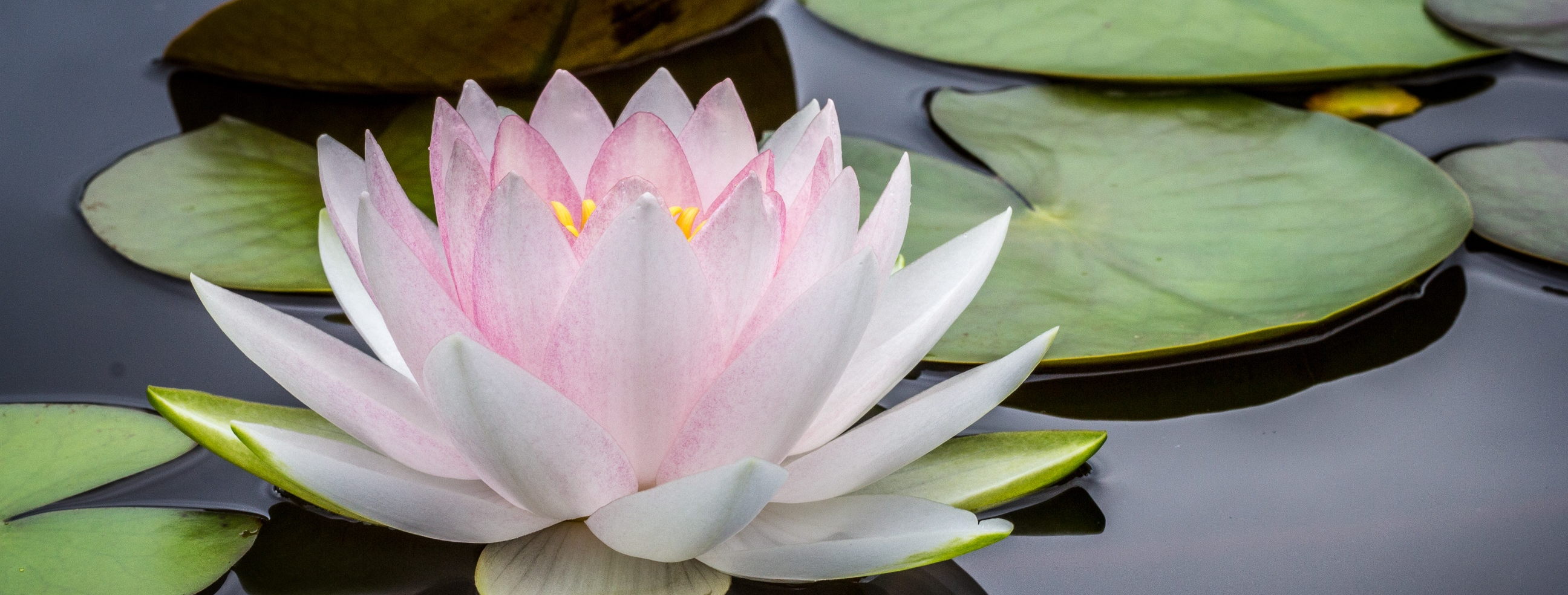
The journey to inner space
By Dr. Shambhushivananda | 706 words
A little reflection will remind us that every creature and every nation longs for freedom, good health and happiness, material prosperity and abundance, progress and justice for all. Yet, these ideals remain elusive. My contention is that unless we develop and awaken our inner higher consciousness, we will always fall short of these goals.
We are more than just body and mind. We are not just ‘limited’ creatures to be moulded by our societies. We are the embodiment of a life force: something much greater and more precious, with which every one of us is endowed from birth.
Information may be stored in computers or books and is easily accessible to anyone today. Knowledge may be extracted from the patterns of information contained in databases; yet, there will always be a need of wisdom masters. And wisdom can only be drawn from within.
A question that we need to ponder in every age is what type of society or development we want – and why. This question is as relevant to business and government as it is to you and me. We should also consider which aspects of our past we need to hold on to, and what may have to be (or should be) released. We do indeed live in a rapidly changing world, but the modern notion of “development” tends to reduce everything to a commodity. These are questions to be answered as much from the heart or spirit – intuitively – as from the intellect.
The experience of two great civilizations – Chinese and Indian – amply demonstrates that there is great worth in the old cultures. For instance, the Vedas and Upanishads in India were the products of intuitive knowledge, linking us to the spirit within us. This knowledge is not mere information, but life-transforming wisdom. It is transdisciplinary and transcendental, and imbued with the tender sweetness of universal love. It is the basis for our universal longings.
There are however fundamentally different kinds of human longings, from the physical to the spiritual. The pursuit of physical longings consumes the life of most people. There is nothing wrong with the pursuit of pleasure; it is indeed inbuilt in our biology. The drawback is that it carries the seeds of addiction; the human mind can create havoc by unbridled desire for accumulation.
It is no surprise that 1% of the population controls the bulk of the resources of this world in almost every country. The thirst for power is an expression of a deep inherent longing to ensure lasting peace and happiness. However, lasting happiness cannot be found in individual gain, only by balancing personal desires with the yoga of restraint. Herein lies the secret of integrating the psychology of self-enrichment with the desire and endeavour for collective flourishing. The long journey towards ananda or Bliss is an inner journey, not only an outward journey. When the inner and outer are integrated, bliss is within reach.
The inner journey is thus no less of a challenge than reaching Mars. We place high value on ‘book knowledge’ – the type of knowledge that can take us to outer space – but much less on that which can take us into inner space. We need to nurture the spiritual as well as the material. Spiritual here is not an expression of religion but of the life force that resides in each one of us, and yet remains so distant from our everyday consciousness.
The future of humanity lies in which of our longings we will prioritize. A happy blending of intuitive knowledge and book knowledge can ensure harmony between the inner and the outer spheres of life and offers great promise to create a progressive society, a world where there is inner tranquillity as well as a compassionate, just and sustainable world.
We are the repositories of a great invisible treasure, waiting to be manifested on the path to fully expressing our potential, with – if we so choose – the ability to empower good over evil, rationality over dogma, culture over brute force, truth over falsehood, selflessness over selfishness, peace over war, and spirit over matter.
Intended audience
change managers, facilitators, professional consultants, Sustainability workers, Teacher trainers, TeachersFurther resources
The article is derived from the book:
Thoughts for a New EraFor many more resources in this spirit:
P.R. Sarkar Institute
0 Comments